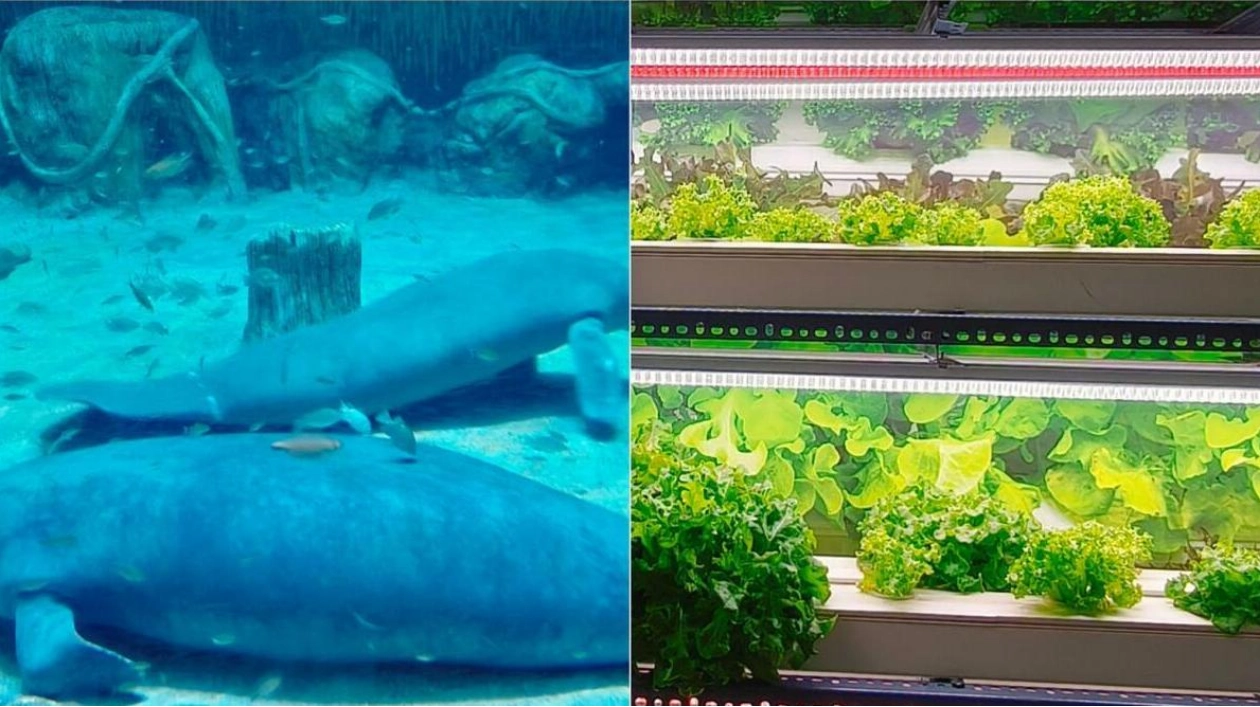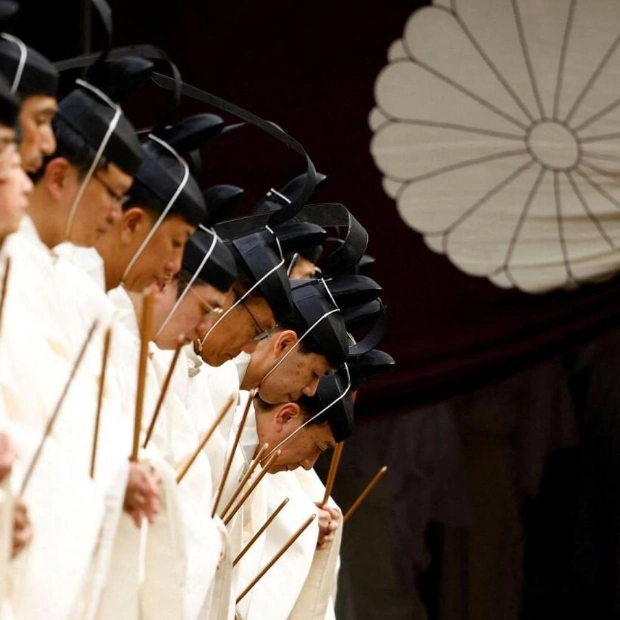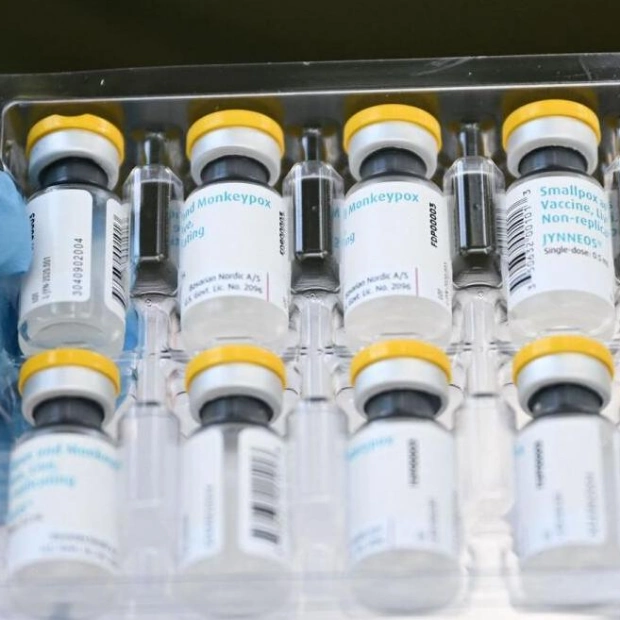Two male African Manatees, a rare and vulnerable species, are thriving at the National Aquarium in Abu Dhabi. These manatees, transported via a special flight earlier this year, are each provided with approximately 20kg of hydroponically grown vegetables daily. They receive personalized care from veterinarians, trainers, and staff, are continuously monitored, and have become increasingly popular with visitors. The National Aquarium, the first in the region to house these massive mammals, has made significant efforts to replicate their natural African habitat.
Lewis Cocks, the curator at the aquarium, shared with Khaleej Times an exclusive backstage tour, detailing the exceptional care given to the manatees. He explained how the state-of-the-art facility is crucial in advancing conservation efforts for this vulnerable species. "We employ hydroponics to grow fresh food vertically. A manatee's daily food intake can reach up to 8% of its body weight, roughly 21kg," Lewis explained. Their diet primarily consists of cabbage, lettuce, and bok choy, with sweet potatoes, low-sugar fruits, and pellets as desserts.
The African Manatees are one of the three remaining manatee species, along with the West Indian and Amazonian, all classified as vulnerable. These manatees face threats such as illegal hunting, entrapment in man-made structures, accidental capture in fishing nets, boat strikes, and habitat loss. Lewis highlighted that there has been a lack of awareness regarding their protection and conservation, but now they have dedicated guardians.
These manatees are also among the least studied species globally, and the National Aquarium is now collaborating closely with the African Aquatic Conservation Fund (AACF) to protect them. "Although the African fund has studied manatees in the wild, they haven't had many opportunities to work closely with them. Now, the AACF team will come here to study and learn about their lifestyle and diet. It's a unique opportunity for them," Lewis noted.
Significantly, the National Aquarium, in partnership with the Mohamed bin Zayed Species Conservation Fund (MBZSCF), has initiated groundwork in West Africa for the 'African Manatee Conservation Project'. Lewis discussed the funding challenges faced by conservation groups in Africa and how the National Aquarium has committed an annual contribution of $25,000 to sustain the project. This funding, sourced from the aquarium's Manatee retail shop, will support AACF's research, conservation, and educational outreach initiatives in Senegal and Guinea.
In the months since their arrival, experts at the National Aquarium have discovered new insights about these mammals. "These two manatees are between 15 to 20 years old and can live up to 40 years. They have contrasting personalities; one is sociable while the other is shy," Lewis explained. They share a large tank with African Arowana and Giraffe Catfish, and often, smaller fish species clean the manatees.
The National Aquarium has also noted that African Manatees are omnivorous, unlike other vegetarian species, and can consume small amounts of meat, fish, and shellfish. They are learning about their breathing patterns and acclimatization to their new environment. The manatees are being trained by a dedicated trainer who enters the tank to work with them. Lewis emphasized that these friendly manatees are also highly intelligent.






